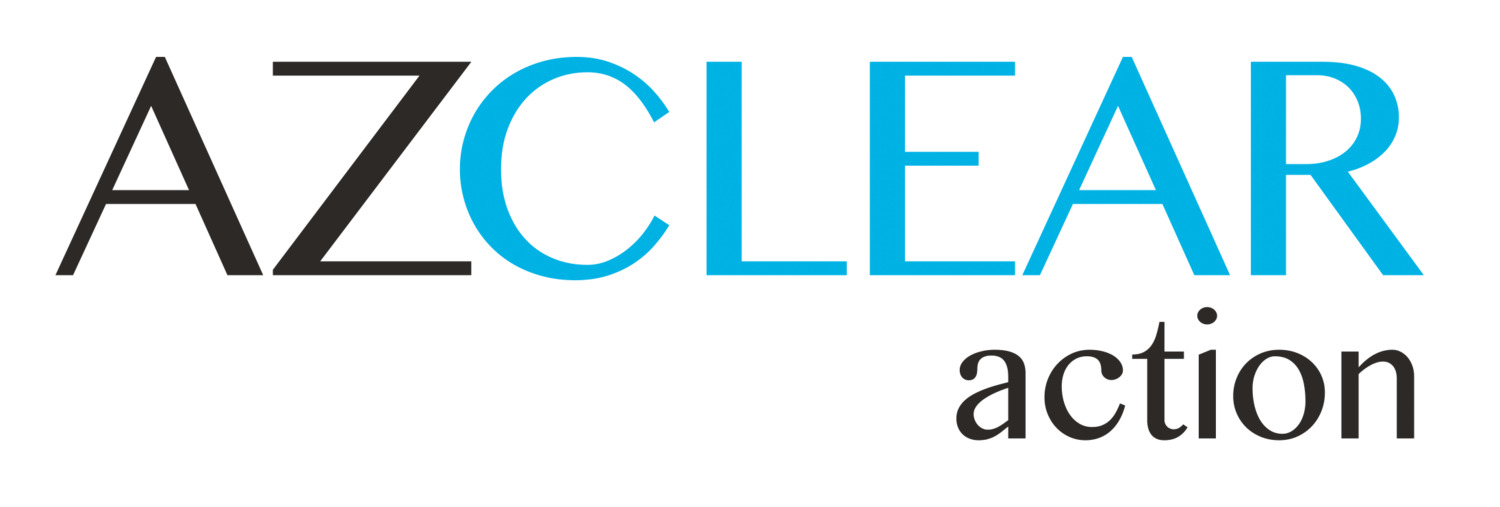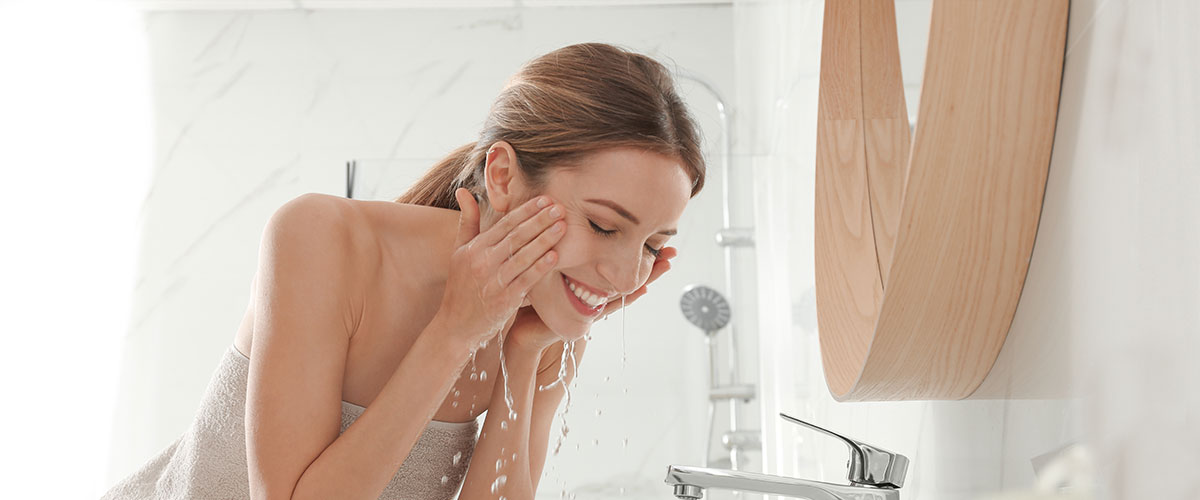Most of us are very aware that going to bed while wearing makeup is a big no-no. Research is emerging showing a connection between the use of cosmetics and acne2. Needless to say, leaving makeup on at the end of the day may increase the chances of blocked pores which can in turn lead to breakouts3. But, even with the best cleansing intentions, not all of us remove our makeup properly.
To ensure your makeup is being thoroughly taken off, it might be necessary to do a ‘double cleanse.’ Start by sweeping a makeup remover-soaked cotton pad across your face to remove your cosmetics before following with your regular cleanser to remove any traces that remain.
Curious about whether your makeup has all been swept away? After drying your face, check your towel carefully for any signs of foundation or eye makeup – these are tell-tale clues that you might want to up the ante on your cleansing method.

